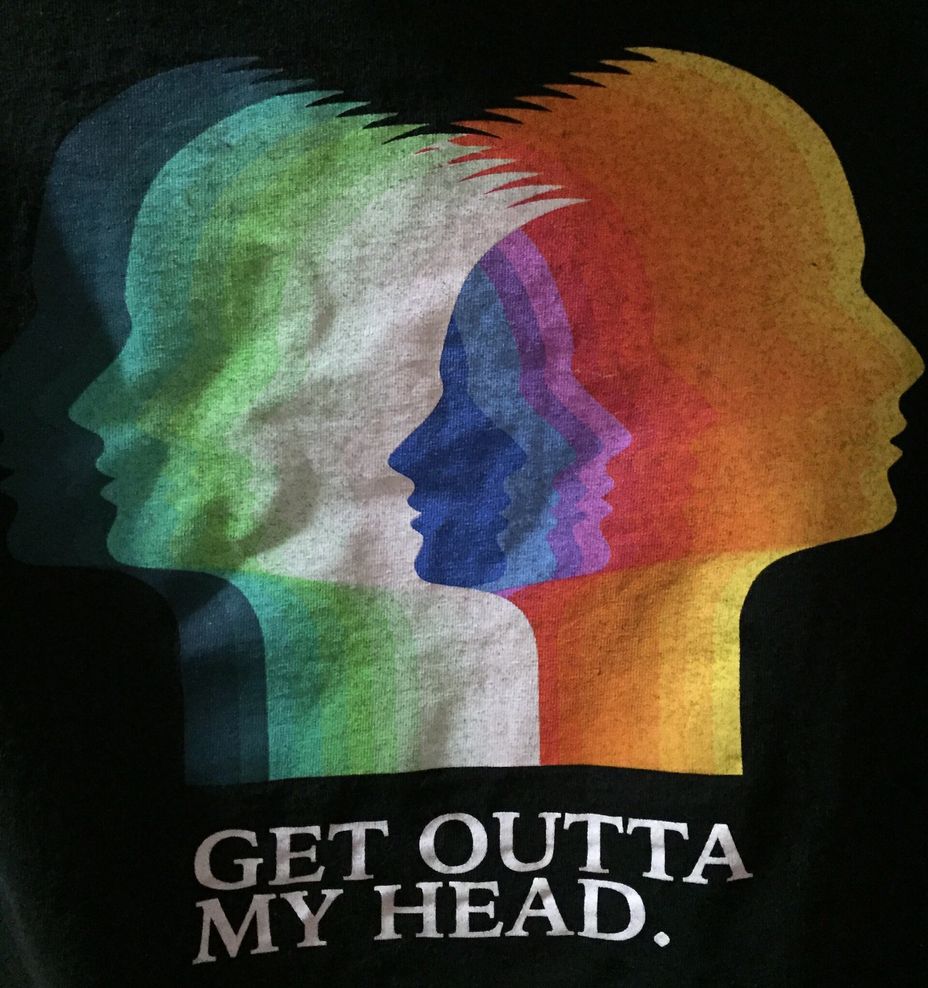Down Dog & Pass it On: Parental Benefits to Baby & Me Yoga
During your baby's first years, they will grow trillions of brain-cell connections, called neural synapses. Brain development can continue until age 25, but babies have the most development up to age 9.
The importance of synapses can not be understated & is a ‘use it or lose it’ function. In fact, toddlers have more synapses than an adult! These synapses grow as early as the first couple weeks in utero.
How babies develop has many layers, but studies show interactive activities are a core component. Parents have many activities to pick from: social, artistic, and a popular choice is Baby + Me Yoga classes. Enhancing a baby’s brain power can be found in many components of a baby-specific class and into toddler or, ‘Tot and me’, classes that are offered.
The most important element of Baby + Me is the parent. Not only are the skills below crucial to childhood development, stress management skills for adults are included as part of a specialized Baby + Me class, and taught from a therapeutic lense. Long-term emotional skills are learned from daily interactions with the parent. Coming to a class is a learning experience for both adult and baby, enabling a parent with tools to use for years to come.
Tailored yoga for your baby or toddler includes the following key ingredients to a healthy baby prime for physical, emotional, and mental development long term. If yoga isn’t for your family, you’ll want to look for these these categories.
Classes that include:
- Emotional resiliency / naming emotions enables less stress growing into the teen years.
- Interactive play shows a child how they can interact with the world, developing social skills.
- Baby massage not only reduces stress and improves sleep, it increases brain size compared to babies who aren’t touched as much.
- Use of funny talk, faces and gestures helps children talk & absorb language. Baby + Me classes add these elements along with nursery rhymes allowing for repetition of information, language, & connection with others.
- Responding to crying seems simple but a parent holding and cuddling, and your day-to-day engagement with your baby, signal emotional security to the brain. You’ll learn tactics to use in and out of the class.
- Being attentive and focused on your child for a period of time each day (throughout the day) builds long-term trust for your baby. Participating in a Baby + Me class allows for that uninterrupted time & short exercises you can do at home.
- Express joy and interest in your baby. Let your body language, your shining eyes, your attentiveness to babbling and baby activities, and your gentle caresses and smiles, validate the deeply lovable nature of your little one.
To learn more about specialized Baby + Me Yoga, or how the parent can improve their own stress & emotional skills for the child’s long term success, you can go to wellandzenyoga . com.
#neuroscience #postpartum #PostpartumAnxiety #mom #MightyMoms #Pregnancy #Stress


